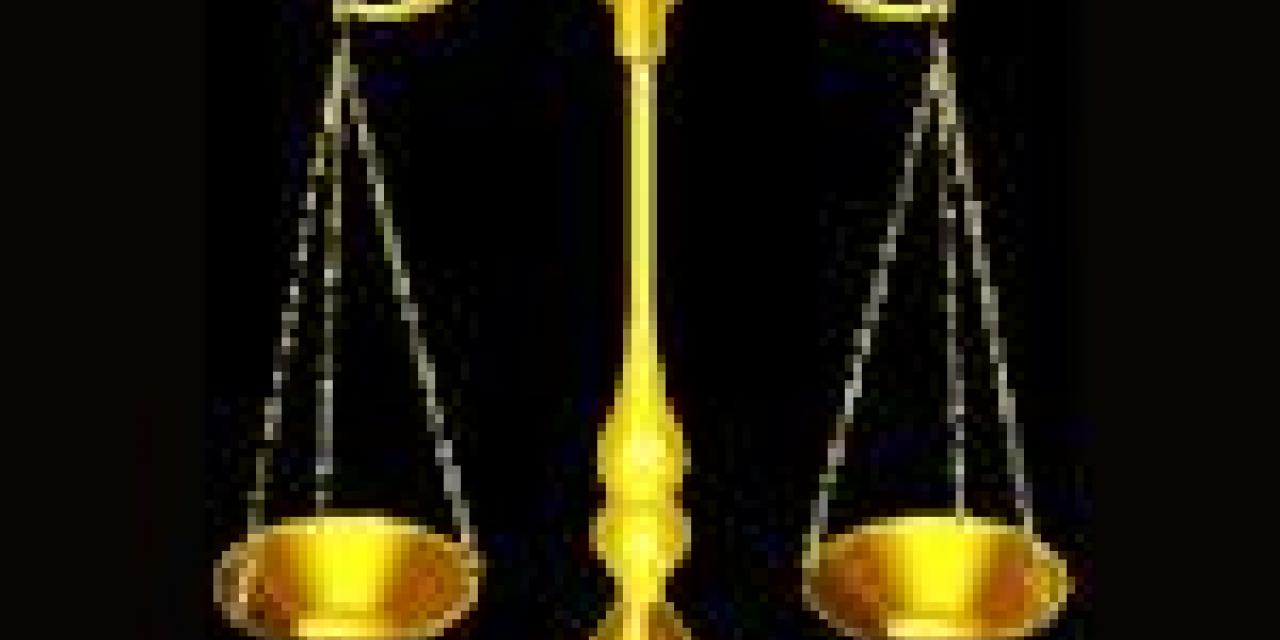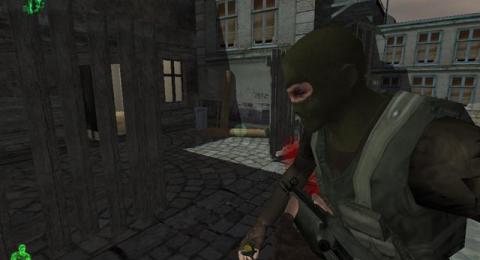
U.S. Congress is currently reviewing a bill which holds a lot of promise and could restore the balance between the rights of the consumer and those of copyright owners.
The Digital Millennium Copyright Act (DMCA) has been wreaking havoc on consumer rights and has caused confusion for seven years now. The Digital Media Consumers' Rights Act of 2005 (DMCRA, H.R. 1201), recently introduced by Congressmen Rick Boucher, John Doolittle, and Energy and Commerce Committee Chairman Joe Barton, targets the weak points of the DMCA. You can show your support for the bill and help by sending a message to congress through the Electronic Frontier Foundation.
Its first provision is for the labeling of copy-protected compact discs. To this day record companies are not required to inform consumers if the compact disc they will buy is copy-protected and therefore, if it will play on their CD players, computers or iPods. The DMCRA aims to create an informed marketplace where competition among new CD formats can prosper without consumer confusion.
The second important aspect of the DMCRA will be to balance some provisions of the DMCA which were intended to protect copyrights but are increasingly used to protect business models. One such use of the DMCA cause a user who has legally downloaded a song, digitally protected with Windows Media, to be prohibited from conveniently converting his or her song to play on his or her iPod.
Another shortcoming of the Digital Millennium Copyright Act (DMCA) addressed by the DMCRA is the circumvention, or bypassing, of technology controls that restrict access to or copying of digital media (CDs, DVDs, Streamed Content, e-books). The DMCA also prohibits the distribution of means to bypass these controls. Unfortunately, the DMCA does not account for non-infringing, legal use and access and scientific research. In other words, it might be legal, under copyright laws, for you to access purchased content, but the DMCA prohibits, and makes criminal, the activity nonetheless if you bypass a technology control to perform the legal activity.
For example, if a blind person purchases a technology-protected e-book and then wishes to have the text transformed into audio by bypassing the technology controls, this act is a violation of the DMCA. Likewise, if you wish to make a legal back-up copy of an e-book, but this act requires bypassing controls, you are in violation of the DMCA. Congress intended to protect technologies measures designed to stop illegal activity, but the DMCA has the unintended consequence of criminalizing common activities, such as time-sifting, space-shifting, and the making of back-up copies, acts already deemed legal by the Copyright Act and the Supreme Court.
The DMCRA would ensure that legal, non-infringing uses are not prohibited by the DMCA. Furthermore, the DMCRA encourages scientific research into technology protections. It ensures that activities solely for the purpose of research into technology protection measures are permitted. The bill does not weaken the effectiveness of technology controls; rather it ensures that the controls function solely as intended - to stop illegal activity and infringement. Infringers will still face the same penalties, but the DMCRA enables people who have legally obtained access to digital content to exercise legal uses without fear of criminal punishment.
Please show your support for the DMCRA through the Electronic Frontier Foundation's message form.








